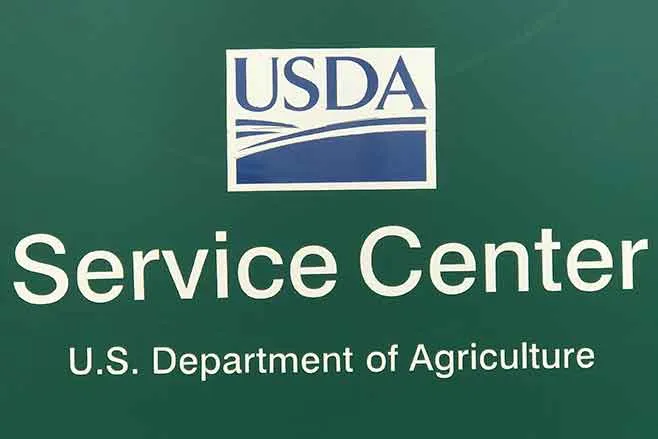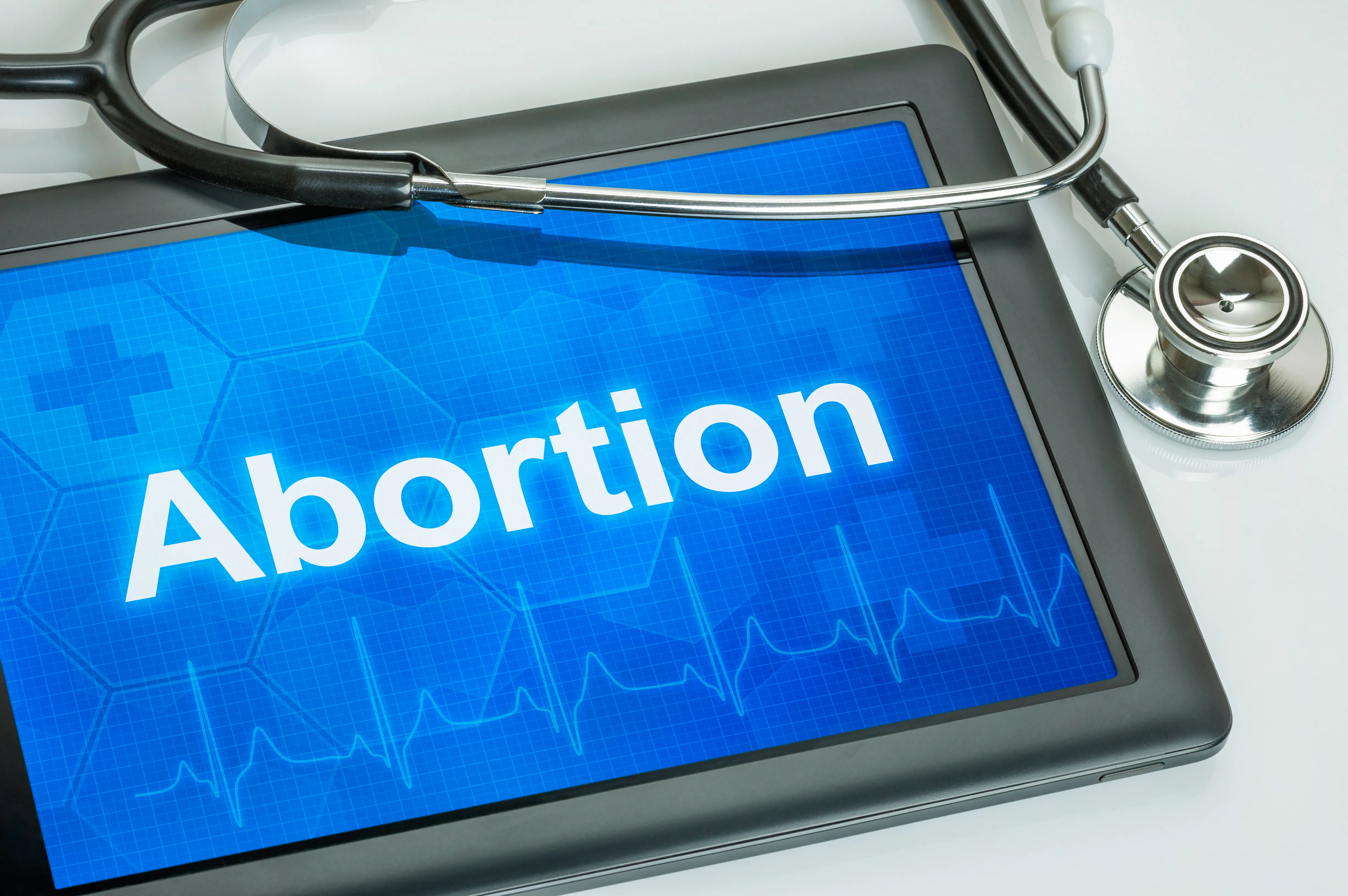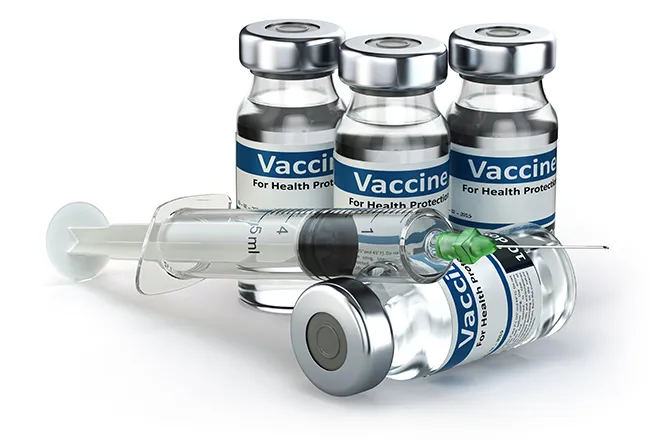
Dear Dietitian – E. Coli infections
Dear Readers,
Recently, there was a recall of Romaine lettuce due to E. Coli 0157:H7 contamination believed to have originated in California. This strain of bacteria produces a Shiga toxin that can cause severe foodborne illness. Escherichia coli (E. Coli) is a type of bacteria found in the intestines of humans, cows, and other animals. It is usually harmless, but some strains may cause illness.
People become infected with E. Coli when they eat or drink something that is contaminated with the bacteria. Workers may handle equipment that has been tainted with manure, fail to wash their hands, then spread the bacteria to the food they are handling. This food makes its way to the marketplace, is purchased by a consumer, taken home and eaten. The time it takes to feel ill from E. Coli is usually 3-4 days, but depending on the amount of the bacteria, it can be anywhere from 1-10 days.
Another source of contamination is irrigation water. In the California case, it is possible that canals were polluted by cow manure that contained E. Coli. Farmers draw water from these canals to irrigate their fields of Romaine lettuce, and the bacteria makes its way from the water to the plant. Even though the lettuce is washed before it gets to market, it is believed that the bacteria cling to the lettuce and is difficult to remove. These foods are eaten raw, so there is no way to kill the bacteria in the preparation process.
Those who are most vulnerable to an infection are people who Immunocompromised, like someone undergoing cancer treatment. These patients often do not have the ability to fight off the infection. Young children, pregnant women, and older adults are also the most vulnerable to foodborne illness.
Efforts are being taken to prevent the contamination of food. The Food and Drug Administration (FDA) plans to require mandatory testing of the water used to irrigate the ready-to-eat crops. If harmful levels of bacteria are found in the water samples, the food will not make it to market.
The best way to prevent any foodborne illness is to vigorously wash your hands with soap and warm water. It is important to wash your hands before eating, before preparing food, after using the bathroom, and after being around an animal, even if it’s your pet. Be safe; be healthy.
Sincerely,
Dear Dietitian


















